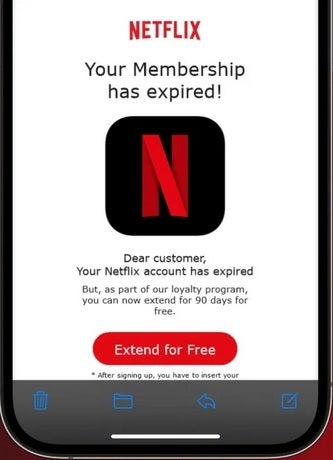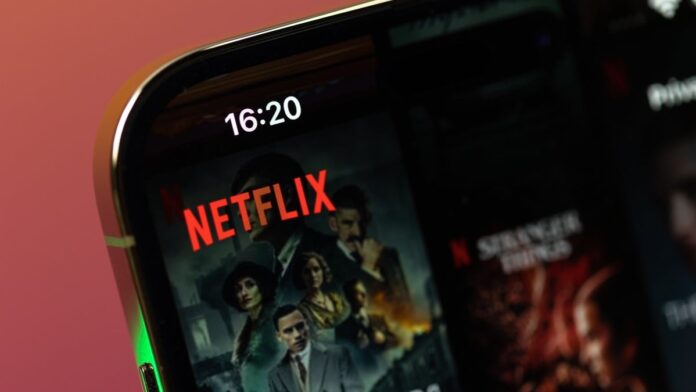One of the reasons why so many victims are separated from their money thanks to online scams is that the scammers do a great job of playing with victims’ emotions. You might have been part of a phishing expedition that uses emails that look as though they came from a well-known company that you might do business with. These emails are fake and try to get you to hand over personal data that can be used to wipe out your online accounts.
But it takes more than a cleverly designed email that includes the logo of your wireless firm to scam you. The email has to get you to act and tap on a link so it might say something that scares you into taking action immediately. One scam uses a phished email from your bank asking you whether a large purchase made with your credit card is valid. The scammers know it is not a legit request so they phrase the message to ask you to tap on a link if the transaction is not yours.
Try not to let your emotions get the best of you when receiving a phished email
The victim, worried about getting ripped off, naturally taps on the link and is sent to a page where she is asked for account info including a PIN or password, social security number, and other personal data. The key to the whole attack is to get the victim so scared about losing an important service or such a large amount of money that instead of using common sense, the victim acts emotionally which typically results in him doing the wrong thing.

Fake email tries to get victims to send them personal data including credit card information. Image credit-9to5Mac
The message continues to say, “But as part of our loyalty program, you can now extend for 90 days for free.” The scammer wants you to press the red button underneath the text that says “Extend for free.” Once the next page is open, you probably are asked to give up some of your personal data.” DO NOT DO IT! Even though the button says “Extend for free,” directly underneath it mentions that your credit card data is required to get the free 90 days.
Netflix says that it will never ask for credit card, bank account, or Netflix password info in an email or text
One of the ways you can detect a scam is to look for grammatical errors and spelling mistakes. There are no major issues along those lines with the Netflix email. On the other hand, if you’re offered a deal that seems too good to be true, it probably is not a legit offer. And getting three months of Netflix for free is certainly an offer that is too good to be true. Don’t let the disclaimer at the bottom of the email stating that the message is not a scam convince you that it is on the up and up.
The domain name did not have the Netflix name included at all which is a major red flag. My wife received the email twice and deleted it both times. And that is exactly what you should do too if you receive the email.
- Credit or debit card numbers
- Bank account details
- Netflix passwords
If you’ve already shared information with the scammer, immediately change the passwords for your financial apps and call the financial firms you deal with ASAP. Also, change your Netflix password as well. If you receive a text or email that is trying to pass itself off as coming from Netflix, take a screenshot of it and send it to Netflix via email at phishing@netflix.com and type in the date and time that you received the email.
👇Follow more 👇
👉 bdphone.com
👉 ultraactivation.com
👉 trainingreferral.com
👉 shaplafood.com
👉 bangladeshi.help
👉 www.forexdhaka.com
👉 uncommunication.com
👉 ultra-sim.com
👉 forexdhaka.com
👉 ultrafxfund.com
